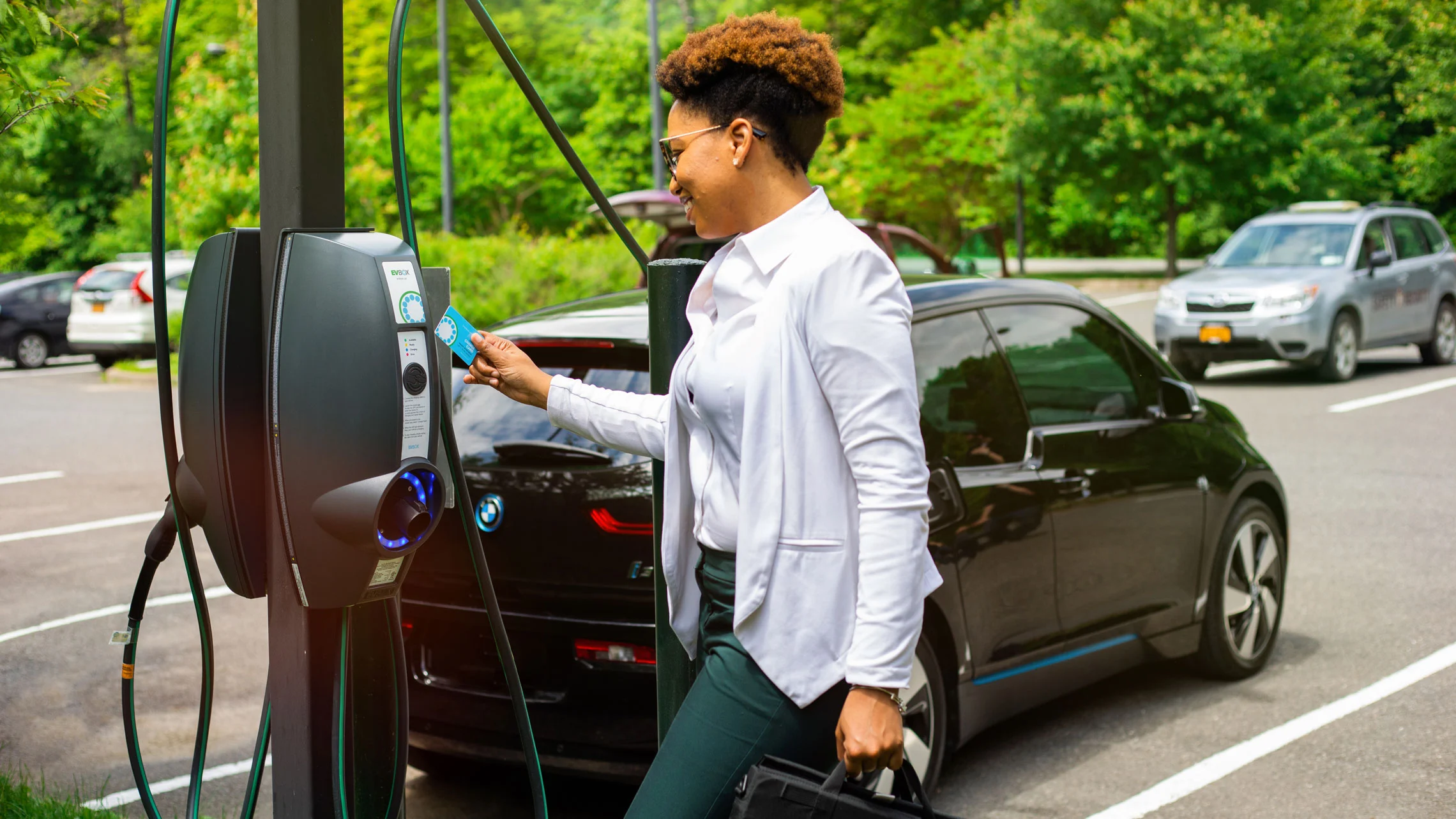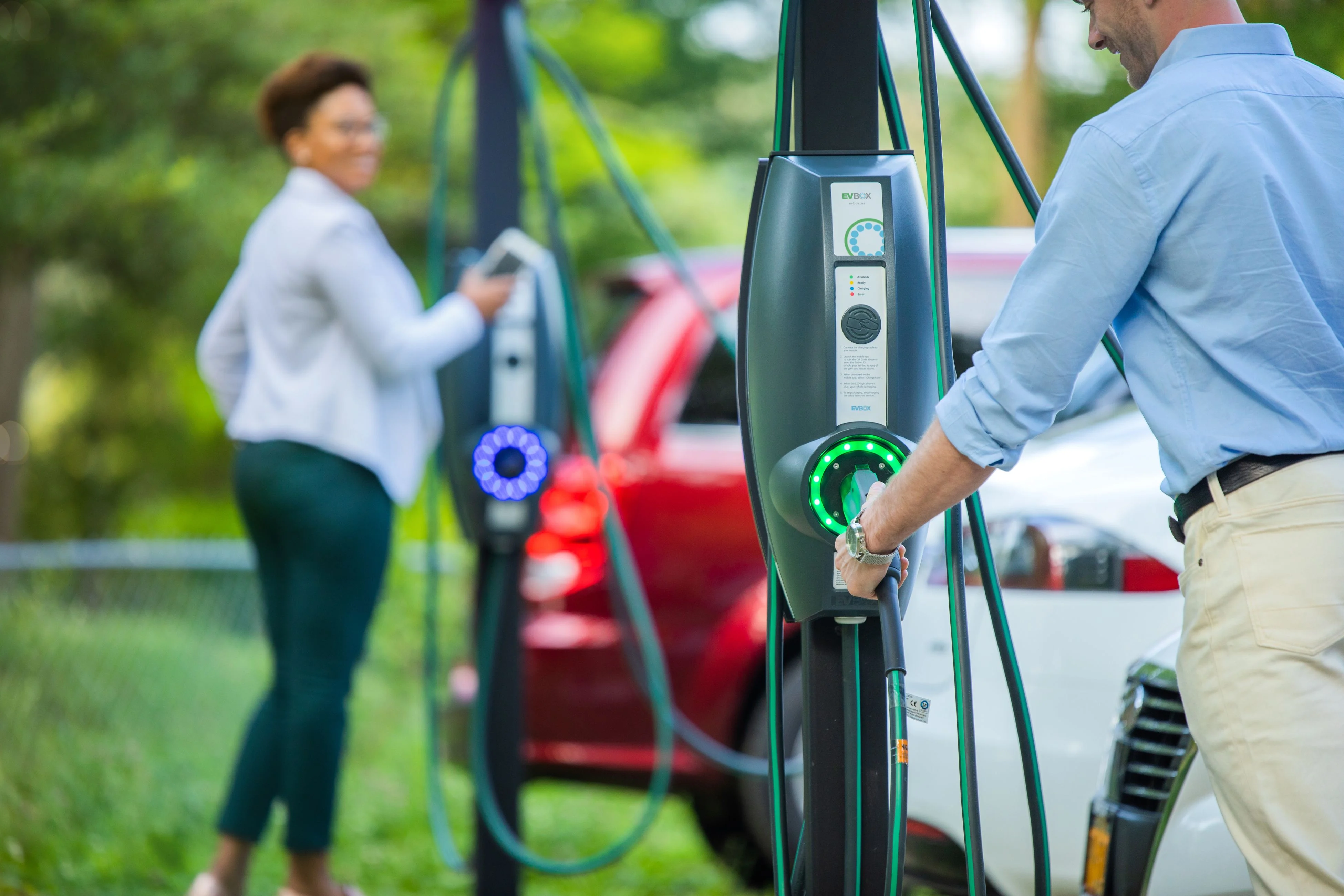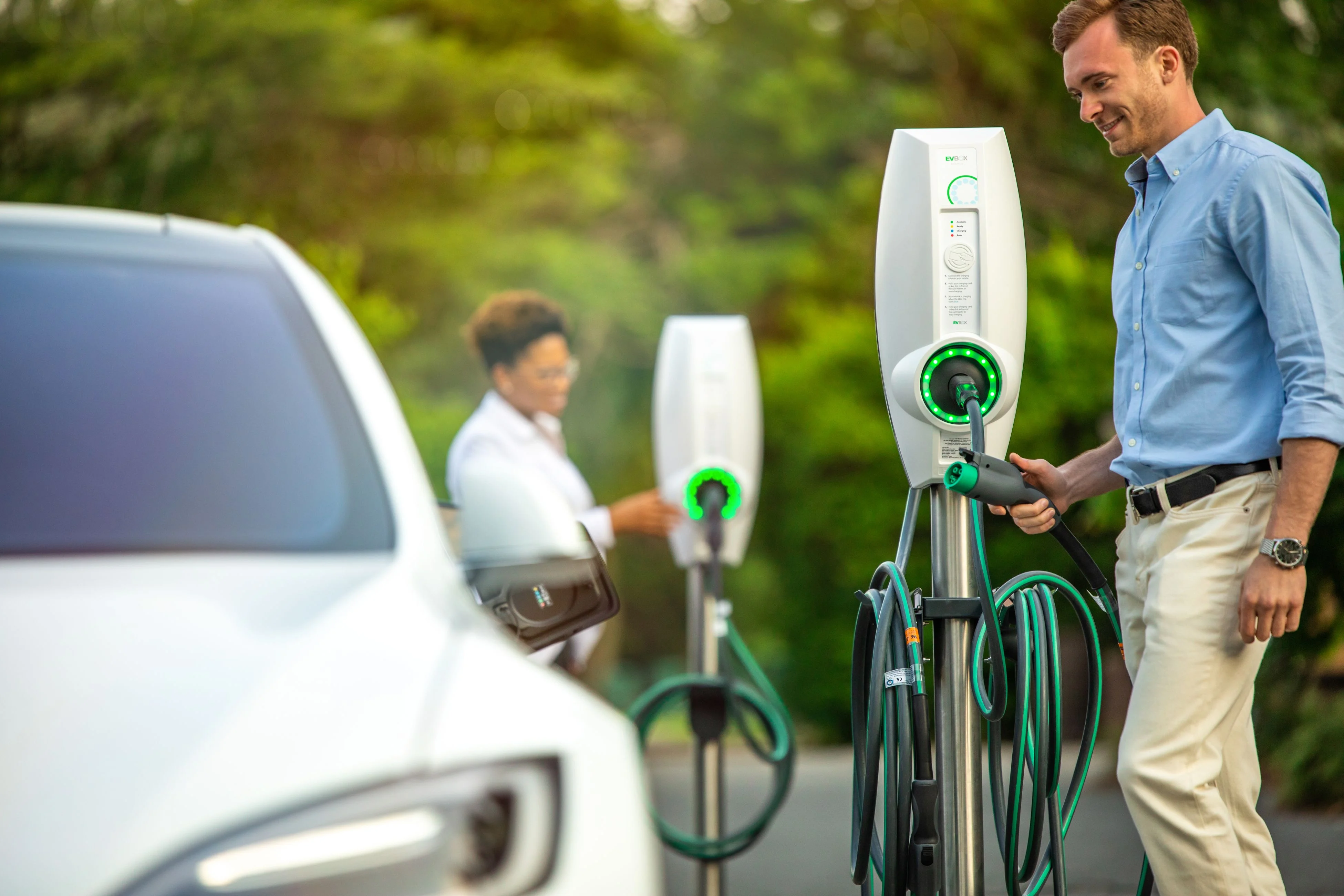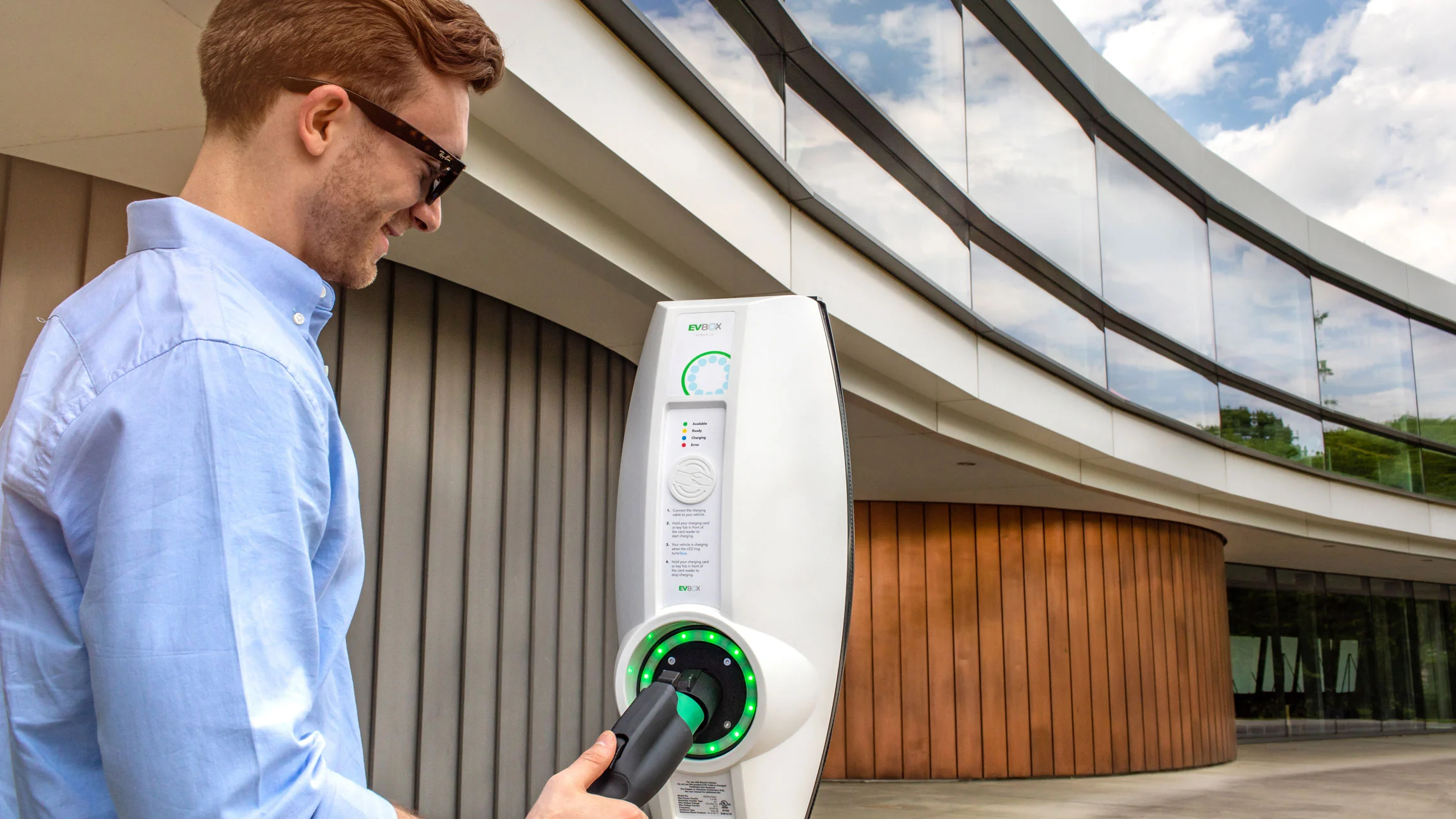One crucial aspect to think about is how you want to handle the billing and management of your EV charging stations. While there's no single solution that fits all scenarios, understanding the various options available will help you make an informed decision.
Let's explore the main ways businesses typically configure their charging stations.
Note: Don't be afraid to get creative! The ideal solution for your location may never have been implemented before.
1) Charging by kWh

Why not share the cost of running your charging stations with EV drivers? Billing based on kilowatt-hours (kWh) consumed is a straightforward and effective way to offset operational expenses. Here's how it works:
Example:

Set price—$0.30/kWh
30kWh x $0.30/kWh = $9.00
Configurations this works with:
- Networked stations (e.g., Greenlots, EV Connect, Everon)
| Â Pros: |
Cons: |
|
- Easy for both the site owner and the EV driver
- Directly recovers your usage costs
|
- Doesn't prevent cars from staying too long after being fully charged
- Not feasible in areas where reselling energy is prohibited
|
 Â
2) Charging by Time

EV chargers are most valuable when in use. If someone leaves their car plugged in after it's fully charged, it wastes resources. Charging drivers based on the time they spend connected to the charger encourages them to unplug once their vehicle is ready. Here's how it works:
Example:

Set price—$2.25/hour
30kWh charge (at 7.4kW output) = ~4 hours
4 hours x $2.25/hour = $9.00
Configurations this works with:
- Networked stations (e.g., Greenlots, EV Connect, Everon)
Â
| Pros: |
Cons: |
|
- Legal everywhere
- Discourages "parking" behavior once fully charged
|
- Favors vehicles with faster onboard chargers (faster charging = shorter time = lower cost)
|
3) Charging Combo (kWh + Time)

In locations where billing by kWh is possible but you also want to discourage prolonged stays, a hybrid approach can work well. Drivers pay for both the energy consumed and the time their vehicle spends connected to the charger.
Example:

Set price—$0.15/kWh & $1.15/hour
(30kWh x $0.15/kWh) + (4 hours x $1.15/hour) = $9.10
Configurations this works with:
- Networked stations (e.g., Greenlots, EV Connect, Everon)
Â
| Pros: |
Cons: |
|
- A fair billing method for EV drivers
- Encourages users to unplug once fully charged
|
- Harder to find the optimal pricing balance
- Not applicable in markets where energy resale is restricted
- Slightly favors vehicles with faster onboard chargers (faster charging = shorter time = lower cost)
|
Â
4) Flat Rate
 Â
Â
The simplest way to generate revenue from your charging stations is through a flat fee for each charge. This method is easy to implement and ensures consistency. Alternatively, you can collect fees manually, such as an entrance fee or an access card fee, while keeping your chargers network-ready.
Example:

Set price—$9.00 per charge
No math! It’s always $9.00
Configurations this works with:
- Networked stations (e.g., Greenlots, EV Connect, Everon)
- RFID-only (network-ready with access cards)
- Plug ‘n Charge (network-ready with no access cards)
Â
| Pros: |
Cons: |
|
- Revenue collection with network-ready stations
- Transparent pricing for customers
- Doesn’t favor vehicles with faster onboard chargers
|
- Doesn’t discourage “parking†behavior once fully charged
- Fee doesn’t reflect energy usage—may not feel fair to some
- Limited advanced smart charging features with network-ready options
|
5) Free Charging

For businesses aiming to offer convenience without expecting immediate returns, offering free charging is a straightforward and appealing option. This approach works with every configuration and is an excellent way to attract EV drivers to your location. After all, who doesn't love free services?
Example:

Set price—FREE!
No math—it’s free!!
Configurations this works with:
- Networked stations (e.g., Greenlots, EV Connect, Everon)
- RFID-only (network-ready with access cards)
- Plug ‘n Charge (network-ready with no access cards)
| Pros: |
Cons: |
|
- EV drivers will appreciate your initiative
- Lower management and operational costs (with network-ready chargers)
|
- No billing or revenue generation
- Fewer advanced smart charging features with network-ready options
|
Â
|
Discover everything you need to know about EV charging
Download our free ebook to learn why EV charging will set your business apart, help you earn additional revenue, and prepare your location for the transition to electric transportation.
 hbspt.cta._relativeUrls=true;hbspt.cta.load(3950862, 'a4dca3e6-a0d5-459e-b696-8dffdc590b7d', {"useNewLoader":"true","region":"na1"});
hbspt.cta._relativeUrls=true;hbspt.cta.load(3950862, 'a4dca3e6-a0d5-459e-b696-8dffdc590b7d', {"useNewLoader":"true","region":"na1"});
|
Â




 Â
 
